Berggruen Institute Announces 2020-2021 Class of Fellows, Leading Thinkers Studying Great Transformations
LOS ANGELES, CA — The Berggruen Institute has welcomed its sixth cohort of Fellows to research transformative ideas that will shape human society while promoting both academic and cultural exchange. Former Chair of the White House Council of Economic Advisors Laura D’Andrea Tyson, Yuk Hui, Vilas Dhar, Drew Endy, and Michael Specter have joined the Institute as Senior Fellows. Joining the Berggruen’s notable roster of Fellows and Researchers are: Aneesh Aneesh, Shunong Bai, Eddie Barnes, Nina Begus, Margaret Liu Clinton, Gabriel Coren, Jeanne Dreskin, Weiwen Duan, Maya Ganesh, Jingfang Hao, Sara Hudson, Xiao Liu, Qiaoying Lu, Robert Neuwirth, Matt Prindible, Trebor Scholz, Lana Swartz, Anjan Sundaram, Sebastian Sunday Grève, Jamie Susskind, Fabrizio Tassinari, Claire Webb, Leah Willemin, and Gary Zhexi Zhang.
“Drawn from a variety of disciplines and from countries all over the world, Berggruen Fellows and Researchers aim to seed and develop ideas that address major shifts in the world’s fundamental systems,” said Nils Gilman, Berggruen Institute Vice President of Programs. “As the pandemic has raised obstacles to collaboration, our program crucially provides an integrative environment in which Fellows can refine and build upon each other’s research.”
Founded in 2010 by philanthropist and investor Nicolas Berggruen, the Berggruen Institute develops the foundational ideas and critical analysis needed to unlock enduring progress for political, economic, and social institutions in the 21st century. Since its inception, the Berggruen Institute has launched the 21st Century Council, the Council for the Future of Europe, the Berggruen China Center, the Think Long Committee for California, and the signature Berggruen Prize for Philosophy and Culture.
In partnership with the University of Southern California Dornsife Center on Science, Technology and Public Life (STPL), Berggruen Fellowships offer scholars flexible periods of work and study in both the United States and China. The 2020-2021 Berggruen Fellows and Researchers will deliver and produce lectures, books, scholarly workshops, colloquia, and academic articles throughout their fellowships. Senior Fellows’ decades of research pedigree and real-world leadership experience will enrich and amplify the work of the Institute’s fellowships and programs.
Great Transformations Fellows Research
Over the last five years, the themes of the Fellowship have evolved from comparative philosophy and religion to the fundamental changes reshaping today’s world. Berggruen Fellows’ independent research and points of collaboration will extend the Institute’s programmatic work on these Great Transformations: the Future of Capitalism, Transformations of the Human, the Future of Democracy, and Geopolitics and Globalization.
Fellows working with the Future of Capitalism program will explore how forgotten communities band together to raise their collective prospects, how money can be considered a medium of communication subject to technological, cultural, and political change, and how the co-op ownership model can be merged with the platform economy to promote equity and stability for an increasingly precarious workforce. The Transformations of the Human (ToftH) program represents a philosophical study and artistic exploration of the ways AI and biotech challenge our conception of what it means to be human. Its Researchers will be placed in commercial and academic labs to cultivate understanding of AI and biotech development as not merely technical pursuits, but also as fundamentally philosophical and artistic practices with far-reaching consequences. Fellows working with the Future of Democracy program will pursue exciting angles on the reimagination of government by popular will, including devising an alternative framework for citizenship in a stateless world society, and harnessing digital technologies for the democratic process. Finally, the work of all Fellows will inform and support the Geopolitics and Globalization program, which seeks to promote collaboration on shared planetary challenges while preventing the disintegration of global order into blocs of hostile powers.
About the 2020-2021 Berggruen Fellows, Researchers, and Senior Fellows
(for full Fellow bios, please visit https://www.berggruen.org/people/group/currentfellows):
Aneesh Aneesh will explore an alternative framework for citizenship in a stateless world society. He is a Professor of Sociology and the former Director of the Global Studies Program at the Institute of World Affairs at the University of Wisconsin, Milwaukee. The author of several books and publications in popular media, Aneesh is well-known for formulating the theory of algorithmic governance, or algocracy, in the early 2000s.

Shunong Bai will work on interpreting human behavior through the “Logic of Life,” deduced from the “structure for energy” law. As Professor of Plant Biology at the school of Life Science at Peking University, he has used nearly forty years of insights from plant development to develop new perspectives on the question of what life really is. In collaboration with mathematicians, he has defined “live” or “living” as a “structure for energy” cycle, which will provide the basis for his Berggruen Fellowship project.
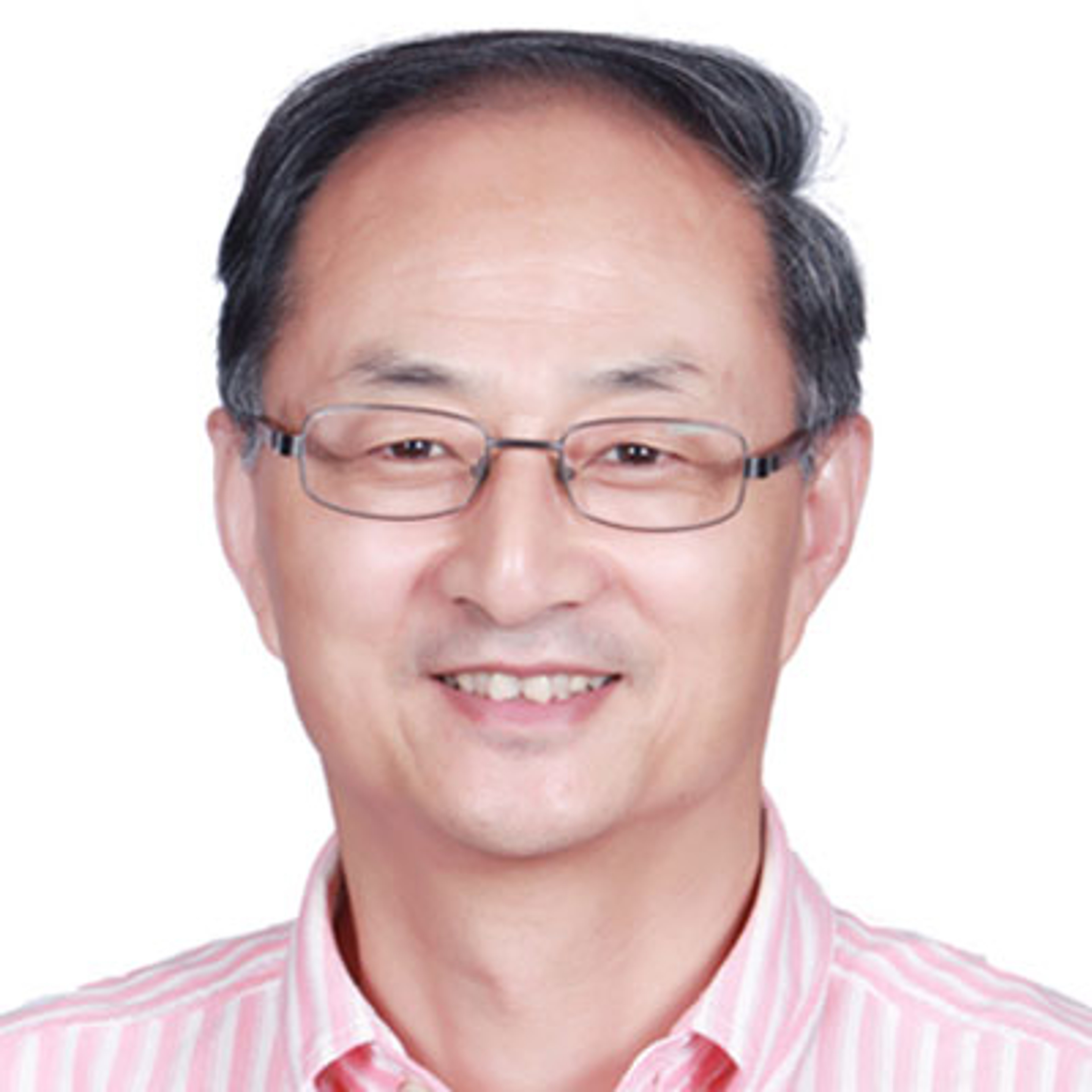
Eddie Barnes will work on projects supporting the Institute’s Future of Democracy program. As a longtime journalist and political advisor to top government leaders in the UK, he is an expert on identity politics, patriotism, and nationalism in the modern age. A scholar of Southeast Asian politics, he is also the author of The Wolf Catcher, a recent book examining the 1MDB financial scandal in Malaysia.
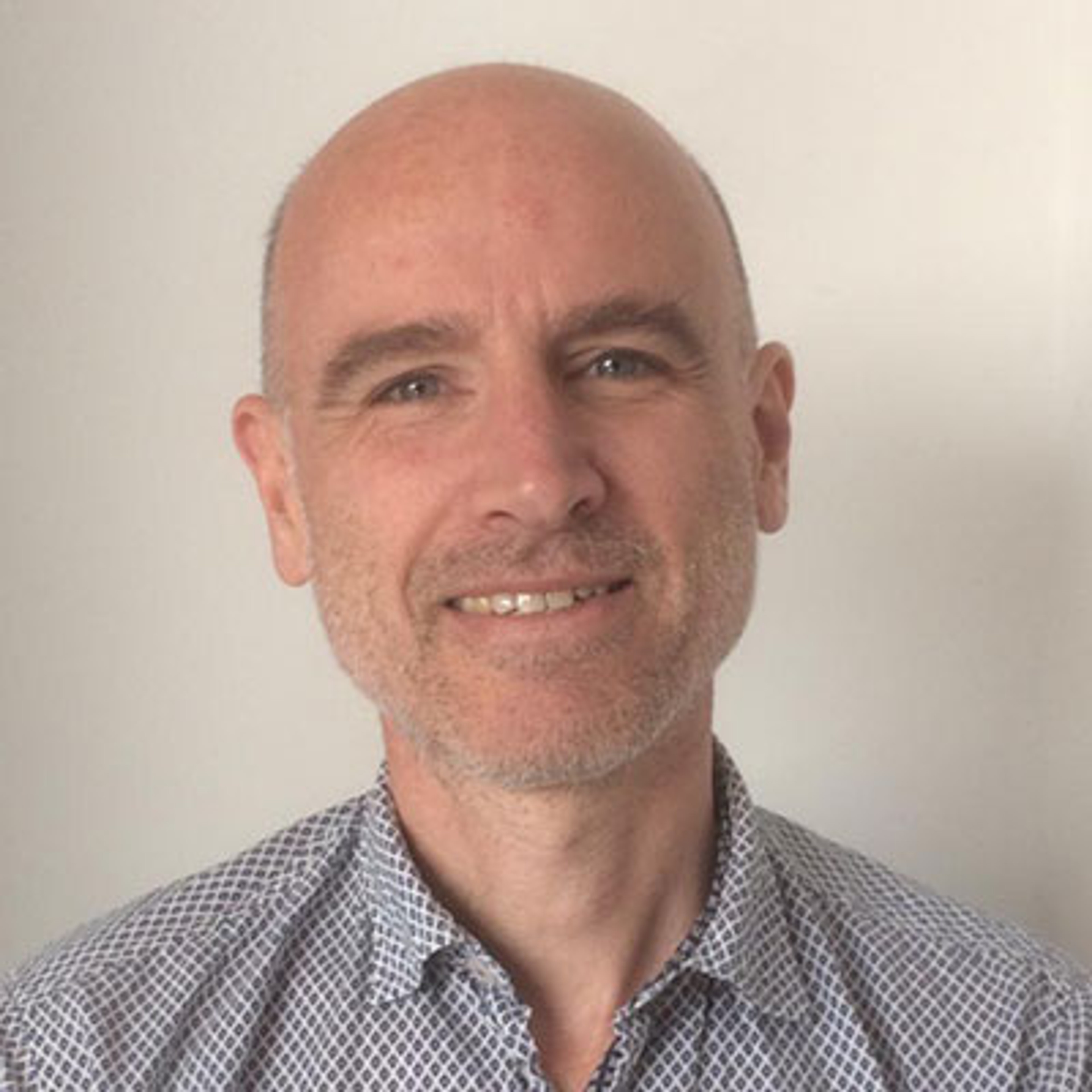
Nina Begus will work as a researcher in residence at the Lawrence Berkeley National Laboratory under Eoin Brodie’s group, focusing on the philosophical stakes and human implications of microbiome research. As a recipient of the Harvard Merit/Term-Time Research Award and the Mind Brain Behavior Graduate Student Award, Begus was a visiting student at the University of Washington School of Medicine where she explored human responses to non-human entities using fictional prompts. Her essay, “‘The Identity Problem’ in Prenatal Testing,” won the Voices in Bioethics contest in reproductive ethics.
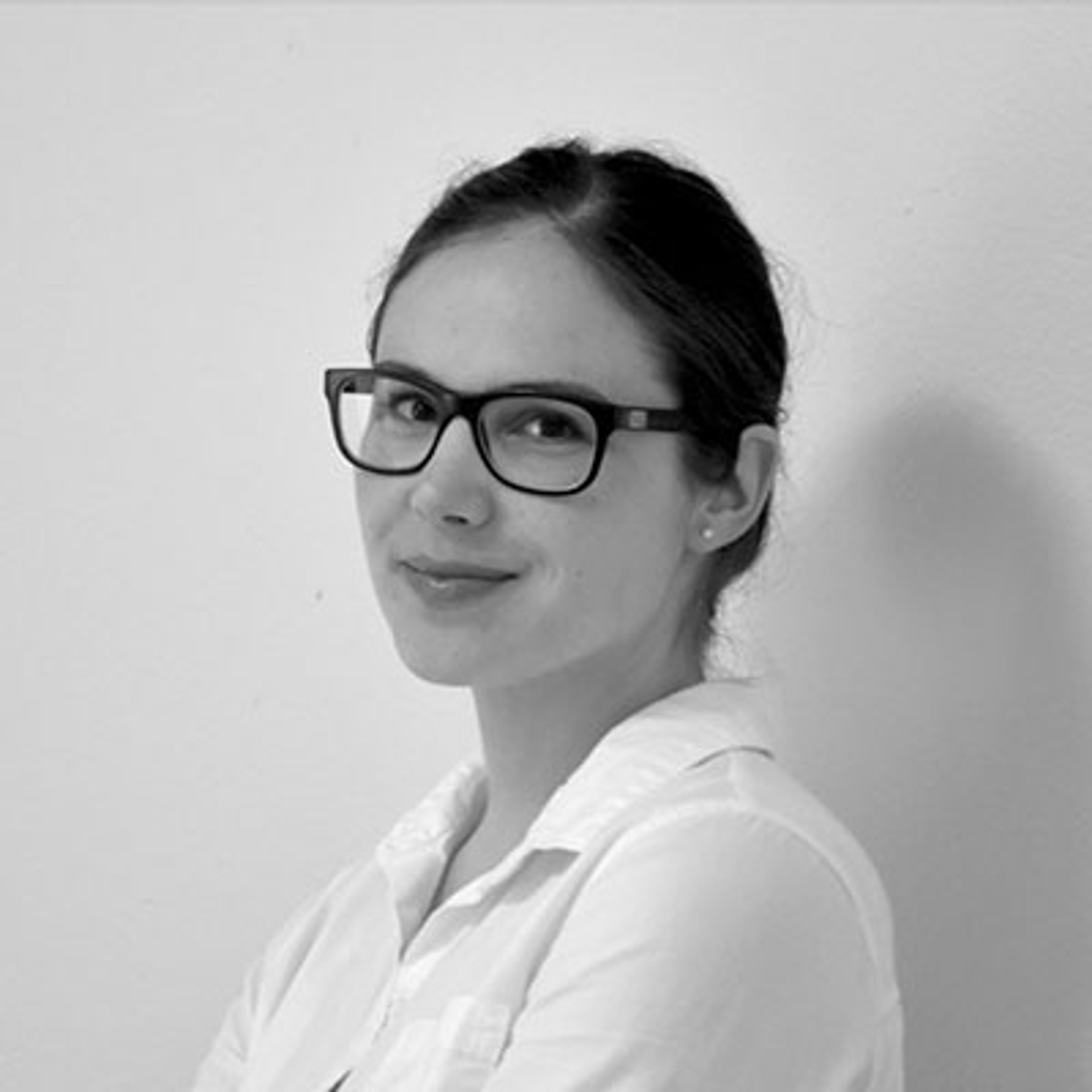
Margaret Liu Clintonwill work with the Transformations of the Human program to support the development of the philosophy and art R&D platform. A writer, art historian, and exhibition maker, she has focused her career on critical art practices that employ interdisciplinary methodologies. Between 2013-2020, she owned and directed Koenig & Clinton, a multi-media, cross-generational gallery in New York. Prior to founding Koenig & Clinton, Margaret served as the director of Alexander Gray Associates and the Miguel Abreu Gallery, and as a program assistant at the Whitney Museum of American Art’s Independent Study Program. She is currently completing her M.A. in art history at Hunter College and holds B.A. and B.S. degrees from the University of California, Davis.
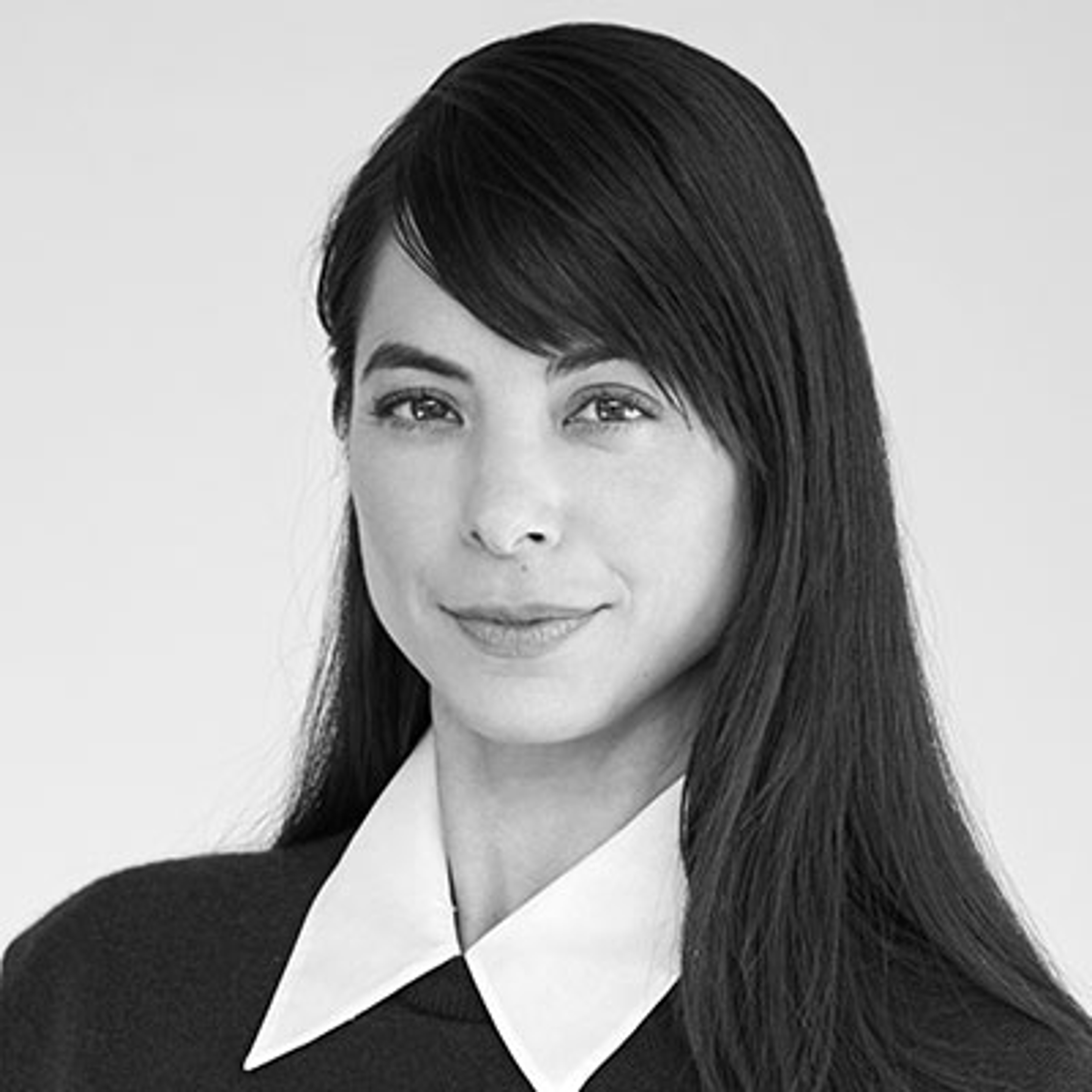
Gabriel Coren will explore the ways that contemporary biological engineering and synthetic biology challenge traditional divisions between the human, living, and natural worlds. A recent Ph.D. graduate in cultural anthropology from UC Berkeley, his dissertation chronicles the collaborative efforts of chemical and life scientists as they fabricate novel forms of living matter for biotechnologies and medical therapeutics. His research has been funded by the Wenner-Gren Foundation and the American Philosophical Society, and he is an editor with the History of Anthropology Review.
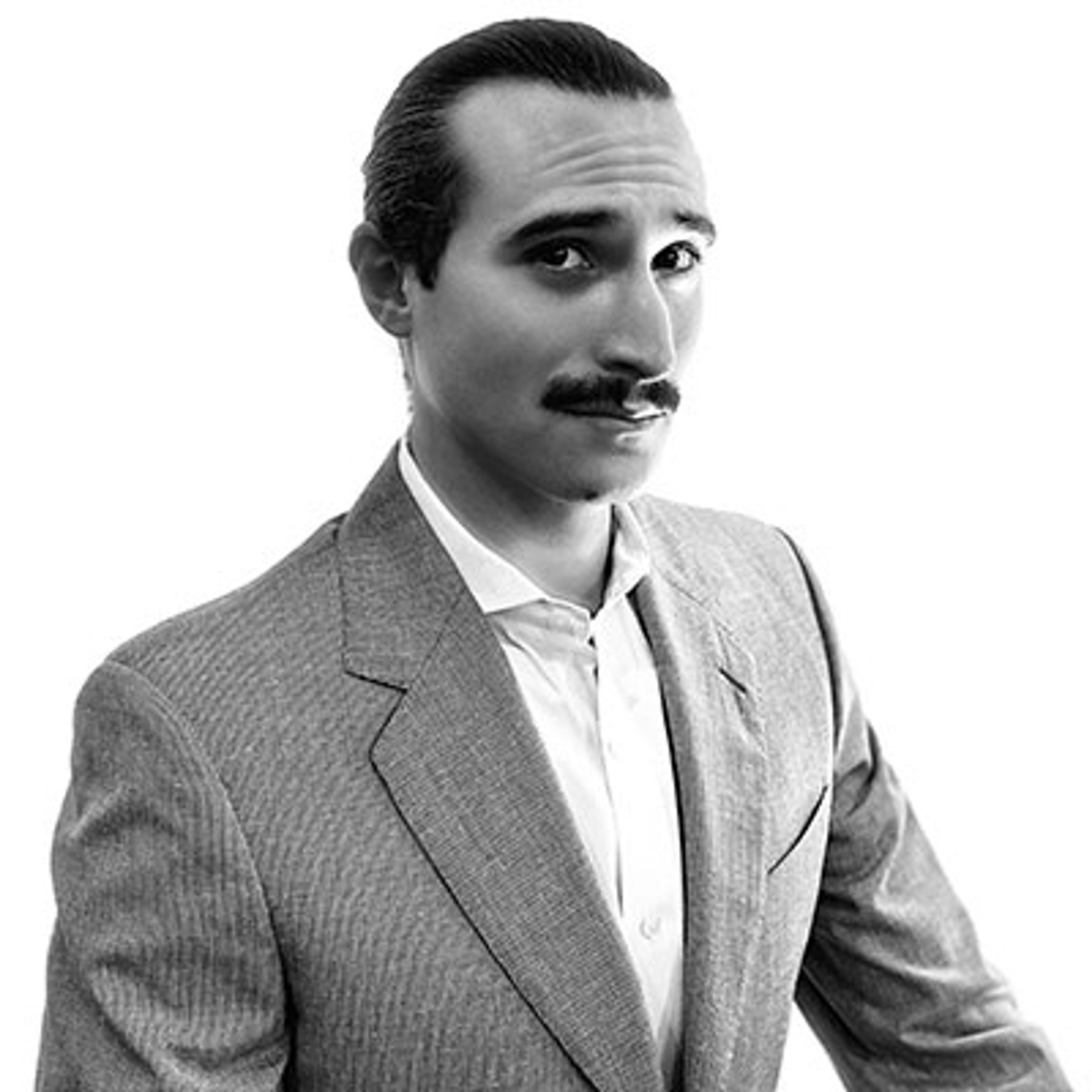
Vilas Dharwill support the Institute’s Transformations of the Human program as a Senior Fellow. A scholar, entrepreneur, and philanthropist with a lifelong commitment to reimagining society for the betterment of humanity, Vilas serves as Trustee of the Patrick J. McGovern Foundation and on several public and private sector boards and advisory committees. With degrees from the NYU School of Law and the Harvard Kennedy School, his career has included founding and serving as CEO of a recognized public interest law firm, investing in and serving as board director of socially conscious companies, and creating one of the world’s first nonprofit organization incubators – leveraging private sector expertise for the public good.

Jeanne Dreskinwill explore how questions of truth, evidence, and creativity evolve alongside emerging technologies and how their ethical stakes can be renegotiated through machine learning processes. A Ph.D. in the History of Art from the University of Pennsylvania, she has held positions at the Museum of Contemporary Art, Los Angeles, the Los Angeles County Museum of Art, and the Dia Art Foundation, New York. She has also independently organized exhibitions at galleries and arts organizations in Los Angeles, New York, and Philadelphia, and her work has been featured in Aperture, ArtForum, and Frieze.

Drew Endy will support the Institute’s Transformations of the Human program as a Senior Fellow. A member of the bioengineering faculty at Stanford University and president of the BioBricks Foundation, his research teams pioneered amplifying genetic logic, rewritable DNA data storage, reliably reusable standard biological parts, and genome refactoring. A longtime pathbreaker in his field, Drew has served on the US National Science Advisory Board for Biosecurity, the Committee on Science, Technology, & Law, and the World Health Organization’s Smallpox Advisory Committee, while his work has been recognized by the Obama White House.

Weiwen Duan will examine Chinese and other societies’ perspectives on the ethics of facial recognition technologies. A specialist in the philosophy of science and information technology, he is the Director of the Research Center for Science, Technology and Society, and of the Department of Philosophy of Science and Technology in the Institute of Philosophy, at the Chinese Academy of Social Sciences (CASS). He is on the editorial board of multiple academic journals, and the author of several books, including Acceptable Science: Reflection on the Foundation of Contemporary Science and 2020’s The Ethical Foundation of Information Civilization.

Maya Ganesh will lead a project that compiles and analyzes the dominant metaphors associated with AI in various cultural and political geographies. A researcher, writer, and speaker, her research examines the cultural apparatus that shapes machine autonomy. Maya is also an expert in online harassment mitigation, digital security, and the visual cultures of online activism.

Jingfang Hao will conduct research exploring how technological development impacts social cognition. A renowned novelist and science fiction writer, Jingfang earned her undergraduate degree in physics and her Ph.D. in economics and management, both from Tsinghua University. Since then, she has worked as a Deputy Director at the China Development Research Foundation and as a visiting fellow at the Harvard Kennedy School. Her short story Folding Beijing won the Hugo Award for Best Novelette at the 74th World Science Fiction Convention in 2016.

Sara Hudson will partner with Lenny Mendonca, former chief economic and business advisor to California Governor Gavin Newsom, and Berggruen Senior Fellow Laura Tyson to work on a forthcoming book entitled The New Age of Progressive Federalism. A writer, researcher, and strategist, she has helped historically ignored and overlooked communities address complex civic challenges. As a part of this work, Sara has built crisis communications systems and processes for the city of New Orleans during major public events or civic disasters and led digital media at St. Jude Children’s Research Hospital.

Yuk Hui will support the Institute’s Transformations of the Human program as a Senior Fellow. Currently teaching at the City University of Hong Kong, his research focuses on the philosophy of technology, and he has published in periodicals such as Research in Phenomenology, Metaphilosophy, Angelaki, and Theory, Culture, & Society. He completed his Ph.D. at Goldsmiths’ College in London, postdoctoral studies in France, and Habituation thesis in Germany. Yuk is also a member of the Berggruen Prize Jury.
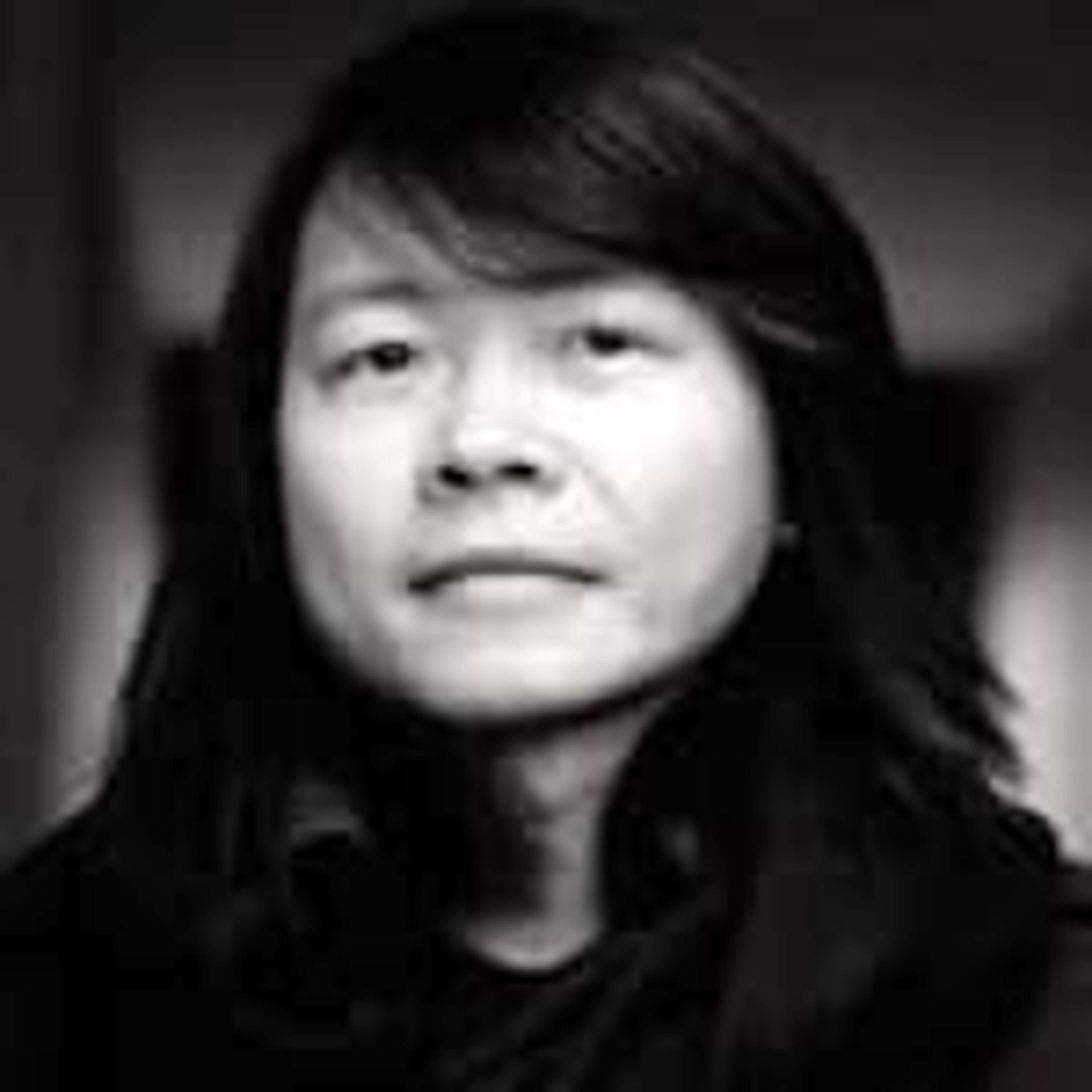
Xiao Liu will research how the transformations of the human under evolving technical conditions demand a rethinking of existing approaches to technology governance. Most recently, she has worked at the World Economic Forum’s Centre for the Fourth Industrial Revolution and at the Wilson Center to develop governance structures for emerging technologies and personal data. An award-winning author, her work has cut across information studies, science and technology, postsocialism in China, and culture.
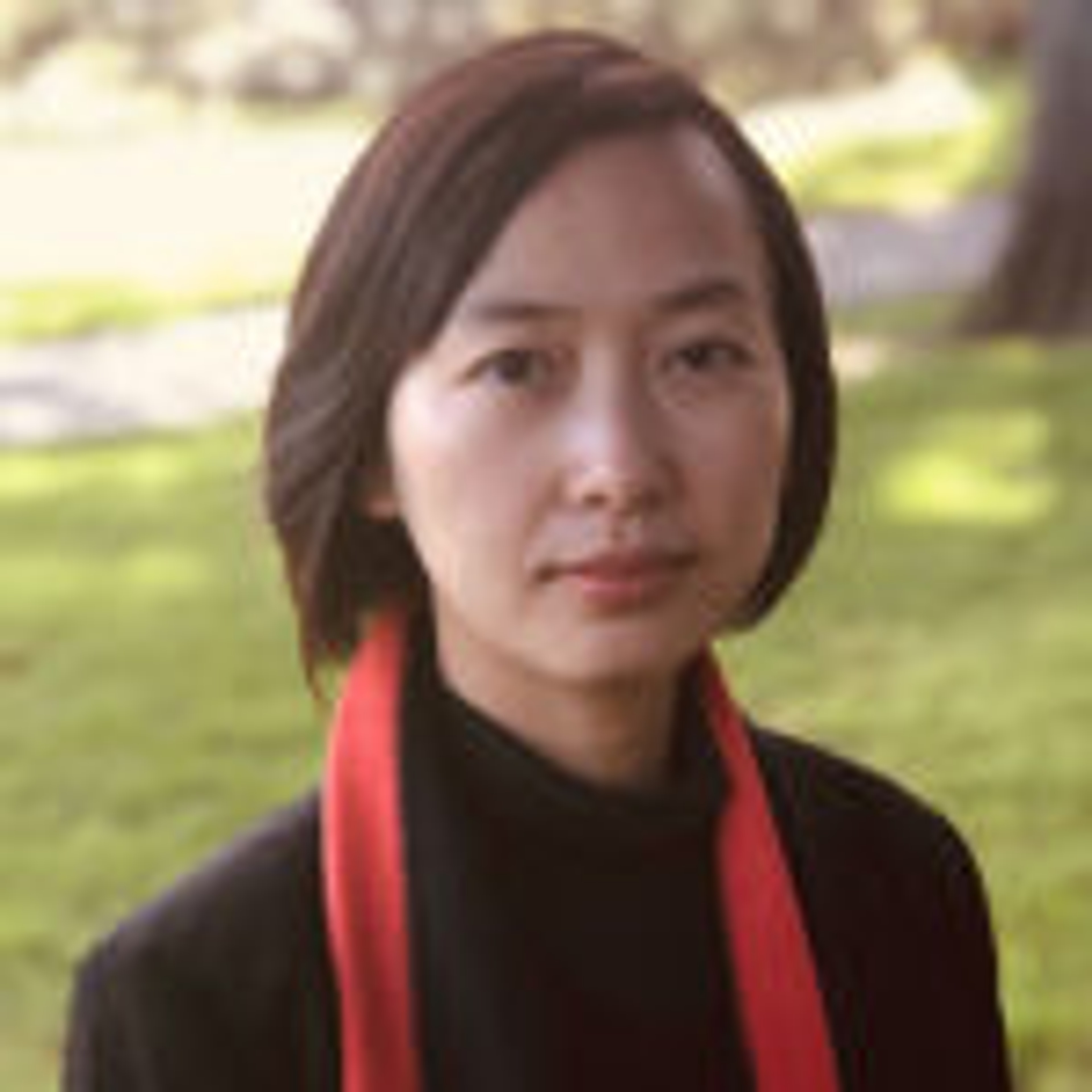
Qiaoying Lu will explore the idea of “minimal cognition” in light of evolution, with the goal of expanding our understanding of both human and artificial thought and experience. An assistant professor in the Department of Philosophy at Peking University, Qiaoying has been focused on the philosophical issues surrounding epigenetics. In her doctoral thesis, she proposes a gene concept that includes not only DNA sequences, but also heritable epigenetic modifications. Among other paths of inquiry, her work leads her to consider how evolutionary explanations could be applied to cognitive science.
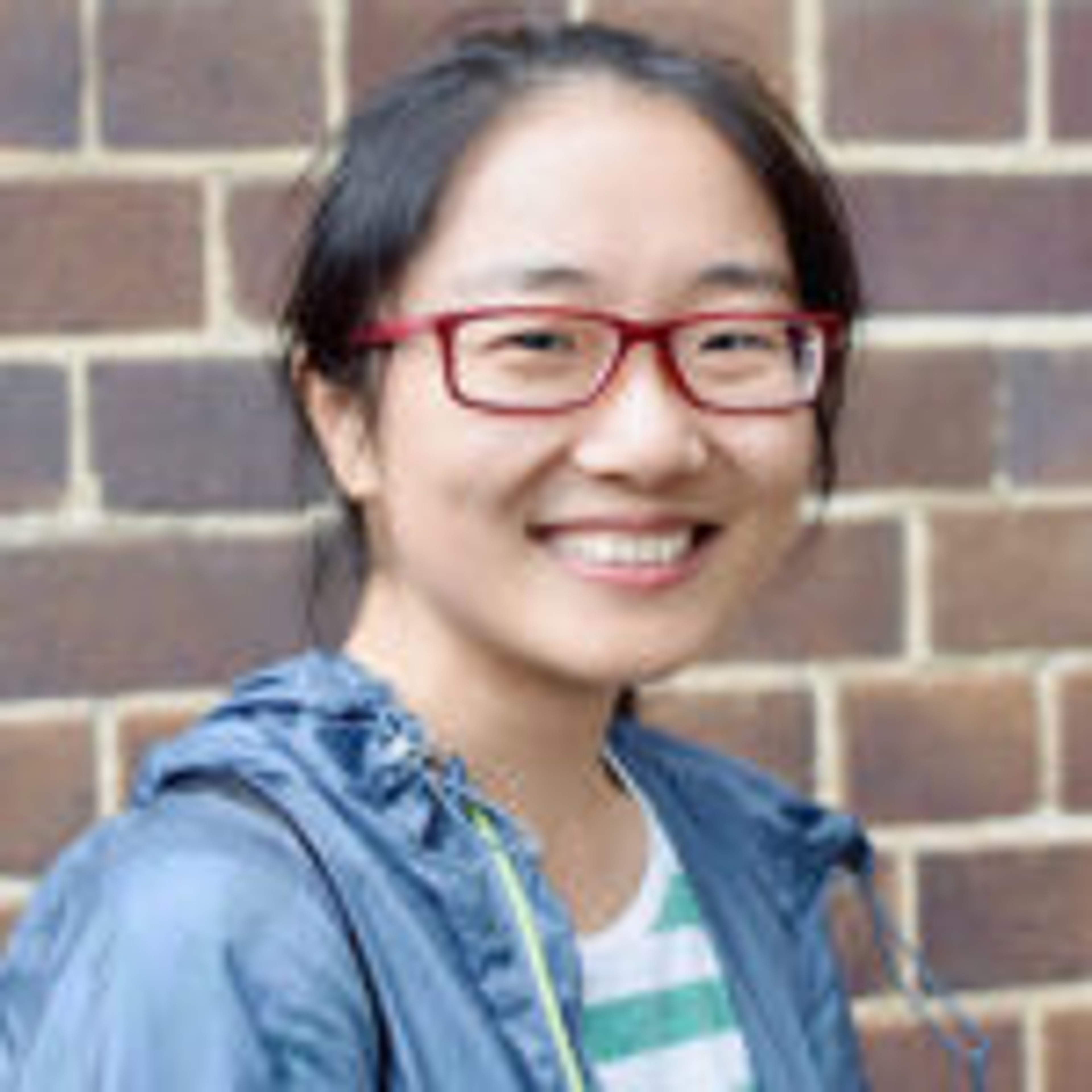
Robert Neuwirth will pursue a book on “bottom-down economics,” through which economically forgotten communities collectively raise their prospects. The author of multiple deeply reported books on street life in the developing world, his work has been supported by the MacArthur Foundation and the Fund for Investigative Journalism. Before life as a full-time writer, Neuwirth spent a decade as a community organizer and taught at Rikers Island.

Matt Prindible will trace the long history of the machine and how its ongoing conceptualization raises questions about how we define nature, animals, humans, and reason. An interaction designer and researcher, his primary interests concern human encounters with nonhuman intelligences – biological, artificial, or otherwise. Matt recently completed his MDes at Carnegie Mellon University and previously studied computer and information sciences at Penn State University.

Trebor Scholz will research and write a book to track and analyze the global platform cooperativism movement, meant to serve as an activist guide to the future of the gig economy. As a scholar-activist at The New School, Scholz pioneered the idea of “platform cooperativism,” a way of merging the co-op model with the digital economy. The author and editor of multiple volumes, his work has appeared in The Financial Times, Le Monde, The New York Times, The Nation, and The Washington Post.

Michael Specter will support the Institute’s Transformations of the Human program as a Senior Fellow. A staff writer at The New Yorker since 1998, Michael has written about scientific topics ranging from agricultural biotechnology to avian flu and CRISPR-enabled DNA editing. Previously, he served as The New York Times senior foreign correspondent in Rome and bureau chief in Moscow. He is the author of Denialism: How Irrational Thinking Hinders Scientific Progress, Harms the Planet, and Threatens Our Lives, which in 2010 received the Committee for Skeptical Inquiry’s Robert P. Balles Annual Prize in Critical Thinking. His forthcoming book on the gene-editing revolution will be published in 2020.

Lana Swartz will seek to understand – and trouble – the cultural meaning of financial scams in the digital age. She is currently an Assistant Professor of Media Studies at the University of Virginia. Her 2020 bookNew Money: How Payment Became Social Media, explores the idea of money as a medium of communication that is shaped by technology, culture, and politics.

Anjan Sundaram will develop a cultural literature aimed at transforming humans’ relationships with each other, technology, and nature. An award-winning author, journalist, and TV presenter, he is the host of the critically acclaimed television series “Coded World,” about how AI is changing humanity. He has received Reuters Environment and Frontline Club prizes for his reporting and has served as an artist-in-residence at the Rockefeller Foundation’s Bellagio Center.

Sebastian Sunday Grève will explore the underexamined nuance of Alan Turing’s philosophy of intelligence. An assistant professor at Peking University by way of Oxford and Germany, Sebastian is a philosopher with interest in both practical and theoretical issues. His 2015 essay, “The Importance of Understanding Each Other in Philosophy,” was published in Philosophy and awarded Royal Institute of Philosophy’s Annual Essay Prize. Sebastian is also the editor of Wittgenstein on Philosophy, Objectivity, and Meaning (Cambridge University Press, 2019, with James Conant) and Culture and Value after Wittgenstein (Oxford University Press, under contract).

Jamie Susskind will work on projects supporting the Berggruen’s Future of Democracy program. He is the author of Future Politics: Living Together in a World Transformed by Tech, a bestseller and recipient of multiple awards. A barrister by trade, Jamie has held fellowships at Cambridge and Harvard, and his work has appeared in The New York Times, The Times, Wired, The Daily Telegraph, Fast Company, and the New Statesman.

Fabrizio Tassinari will finalize a book on the Nordic model’s lessons for domestic, regional, and global governance. The founding Executive Director of the European Union’s flagship School of Transnational Governance, Fabrizio has researched and published extensively in peer-reviewed journals and edited volumes on international security and foreign policy analysis. He is the author of Why Europe Fears its Neighbors and is a regular columnist and commentator in international media.

Laura D’Andrea Tysonwill support the Institute’s Future of Capitalism and Future of Democracy programs as a Senior Fellow. As Professor of Business Administration and Economics at the Haas School of Business, UC Berkeley, and Co-Founder of the Berkeley Roundtable on the International Economy, she writes regularly about domestic and international economic policy matters in The Washington Post, The New York Times, and other nationally and internationally syndicated newspapers and magazines. Having served under the Clinton Administration as Chair of the Council of Economic Advisers and the President’s National Economic Advisor, she is a member of the boards of the Brookings Institution, the Peter G. Peterson Institute of International Economics, Bruegel, Eastman Kodak Company, Morgan Stanley Company, AT&T, Inc., and 24/7 Customer.

Claire Webbwill explore a series of questions pertaining to the nature of the development of AI, including how computational processes can equip AI systems with ethical and moral parameters. Claire is a historian and anthropologist of science and has been embedded at the Breakthrough Listen Lab at UC Berkeley since 2016; this access to the Search for Extraterrestrial Intelligence (SETI) community has underpinned her exploration of the scientific conceptions of intelligence, liveliness, and the Other.

Leah Willeminwill explore how the concept of the machine has shifted through history and informed philosophy of mind. An artist and researcher, she weaves together biology, human consciousness, and machine behavior in interfaces drawing on the intersection of craft, technology, and performance. Her MFA thesis, a durational performance, addressed data collection and predictive algorithms as they affect embodiment and the self.

Gary Zhexi Zhangwill explore the role of non-human agents in the financial system. An artist and writer, Gary is interested in the role of fiction and performativity in socio-technical systems. In 2021, he will present his first solo exhibition: a body of work exploring catastrophe insurance, with Arts Catalyst and Bloc Projects in Sheffield, UK.

# # #
About the Berggruen Institute
The Berggruen Institute’s mission is to develop foundational ideas and shape political, economic, and social institutions for the 21st century. Providing critical analysis using an outwardly expansive and purposeful network, we bring together some of the best minds and most authoritative voices from across cultural and political boundaries to explore fundamental questions of our time. Our objective is enduring impact on the progress and direction of societies around the world. To date, projects inaugurated at the Berggruen Institute have helped develop a youth jobs plan for Europe, fostered a more open and constructive dialogue between Chinese leadership and the West, strengthened the ballot initiative process in California, and launched Noema, a new publication that brings thought leaders from around the world together to share ideas. In addition, the Berggruen Prize, a $1 million award, is conferred annually by an independent jury to a thinker whose ideas are shaping human self-understanding to advance humankind.